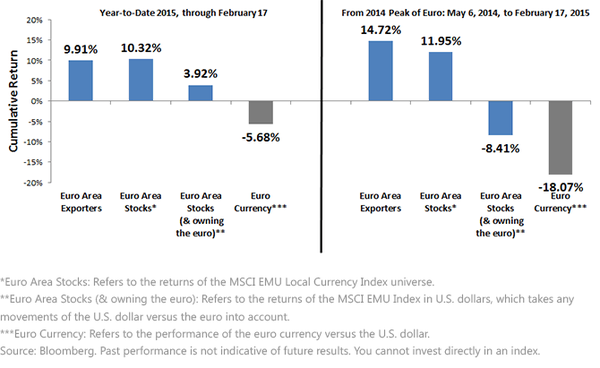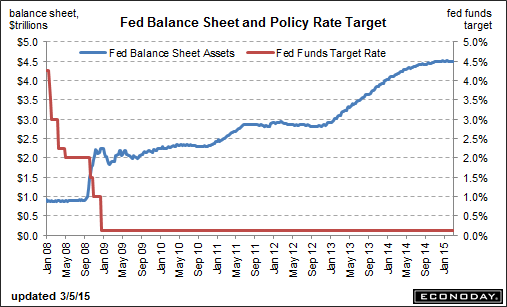Socially Responsible Investing An Overcrowded Trade Part Two
Post on: 6 Май, 2015 No Comment

This is part II of the series on socially responsible investing.
Socially responsible investing: Underperforming
Other studies have shown that socially responsible investments consistently underperform local benchmarks. A study entitled The Price of Ethics: Evidence from Socially Responsible Mutual Funds. by Renneboog, Luc and ter Horst, Jenke and Zhang, Chendi, published May 2007 showed that socially responsible investment funds in many European and Asia-Pacific countries strongly underperform domestic benchmark portfolios by about 5% per annum.
Before the deduction of fees, the results were as follows:
“Consistent with investors paying a price for ethics, SRI funds in many European and Asia-Pacific countries strongly underperform domestic benchmark portfolios. In particular, the average risk-adjusted returns of the SRI funds in Belgium, France, Ireland, Japan, Norway, Singapore, and Sweden are lower than –5% per annum. In addition, passive portfolios of European firms complying with ethical requirements, i.e. companies included in the European ethical indices, significantly underperform benchmark risk factors by about 4.5% per annumWe find no evidence that SRI funds managers are successfully timing the market nor that SRI funds suffer from a cost of reduced diversification. We find mixed results in terms of the existence of a ‘smart money’ effect in the SRI fund industry: while there is some fund-selection ability in identifying poorly performing ethical funds, ethical investors are unable to identify the funds that will outperform their benchmarks in subsequent periods. The return of total wealth invested in ethical funds in Europe (excluding the UK) and the Rest of World is merely -6% per annum on a risk-adjusted basis.”
A more recent study, The Financial Performance and Investment Style of French Ethical Funds (June 7, 2012) by Khaled Saadaoui looked at the performance of French ethical funds from January 1994 to January 2007. While smaller than the above study, Khaled Saadaoui once again found a:
“general but statistically non-significant underperformance of the ethical funds”
All in all, the data seems to suggest that socially responsible investment funds do underperform over the long-term but the amount of data available on this topic is limited. SRI is still a relatively undiscovered and unstudied market, which is partially explained by the fact that it has only been a mainstream topic for less than two decades.
The overriding conclusion from the above studies seems to be the fact that investors interested in socially responsible investments are not overly concerned about the performance of non-SRI compatible stocks. While evidence shows that SRI investors will flock to the ethical funds which have registered the best performance in the past, they’re not concerned about the performance of funds outside the socially responsible investment universe.

Socially responsible investments: Not suitable for value investors
Stocks that qualify as socially responsible investments seem to trade at a higher valuation than their non-SRI compatible peers somewhat of an ethical premium. For value investors, this could be a stumbling block. A large amount of evidence points to the fact that sin stocks outperform because of their low valuations and small investor universe. Socially responsible investments are quite the opposite.
As an example, the world’s most ethical companies, as computed by The Ethisphere Institute. an independent center of research promoting best practices in corporate ethics and compliance, number 144, 38 of which are outside of the US. Just to put that into some perspective, there are over 520 large-caps ($10+ billion) traded on the NYSE alone. These figures, which are by no means scientific, show that despite the size of the SRI market, there are still relatively few companies that qualify. If you could only invest in the top Ethisphere Institute ranked stocks, it’s clear that your choice would be limited.
In other words, there’s a lot of money chasing only a few qualifying stocks, pushing up valuations hardly the perfect hunting ground for the astute value investor.
Like this article? Sign up for our free newsletter to get articles delivered to your inbox














